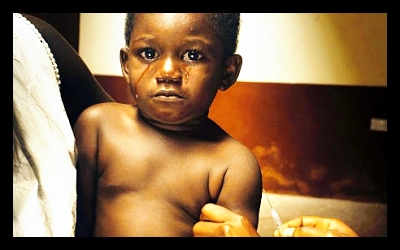Vaccination Fears & the Developing World

A leading proponent of vaccines warned there is a real danger that mistrust of vaccines in wealthy nations, created by “irrational fears” of the lifesaving preventive medicine, could endanger citizens who are already vulnerable if it trickled down into the developing world.
In an article written for the BBC, Dr. Seth Berkley, chief executive officer of the GAVI Alliance, an organization which provides vaccines to children in developing countries, said that while vaccination fears have been around as long as vaccines, it is worrying “when such fears begin to trickle into countries like India, where lives are more vulnerable and the stakes are far higher.”
Measles, a disease that has been largely eradicated in wealthy countries, continues to be a killer in many parts of the world. Berkley said measles kills 164,000 children under five every year, or approximately 450 children every day. Most global health organizations, including the World Health Organization, recommend the MMR vaccine as the best way to protect children against measles.
Berkley wrote in response to recent news reports from the United Kingdom about a measles outbreak that prompted a “catch-up program” to target children ages 10 to 18 whose parents had chosen not to immunize them with the measles, mumps and rubella (MMR) vaccination because of fears about links to autism. A large outbreak in Wales and smaller outbreaks in other parts of the UK recently brought international attention back to vaccines. Fears of links between immunizations for young children and autism created a scare in some wealthy nations like the US and UK about 20 years ago following research that has since been completely discredited.
-Liza Casabona
